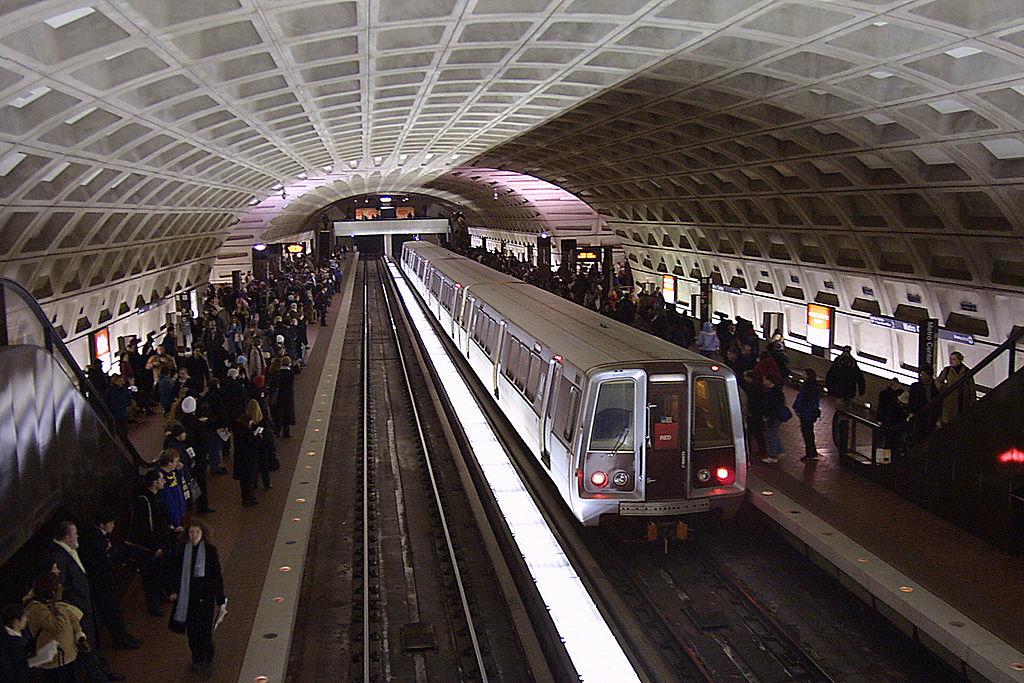News Analysis
A Chinese state-owned company is bidding for a more than $500 million contract to supply rail cars for the Washington Metropolitan Area Transit Authority, and the contract should be raising eyebrows in terms of finances and security.

A Chinese state-owned company is bidding for a more than $500 million contract to supply rail cars for the Washington Metropolitan Area Transit Authority, and the contract should be raising eyebrows in terms of finances and security.